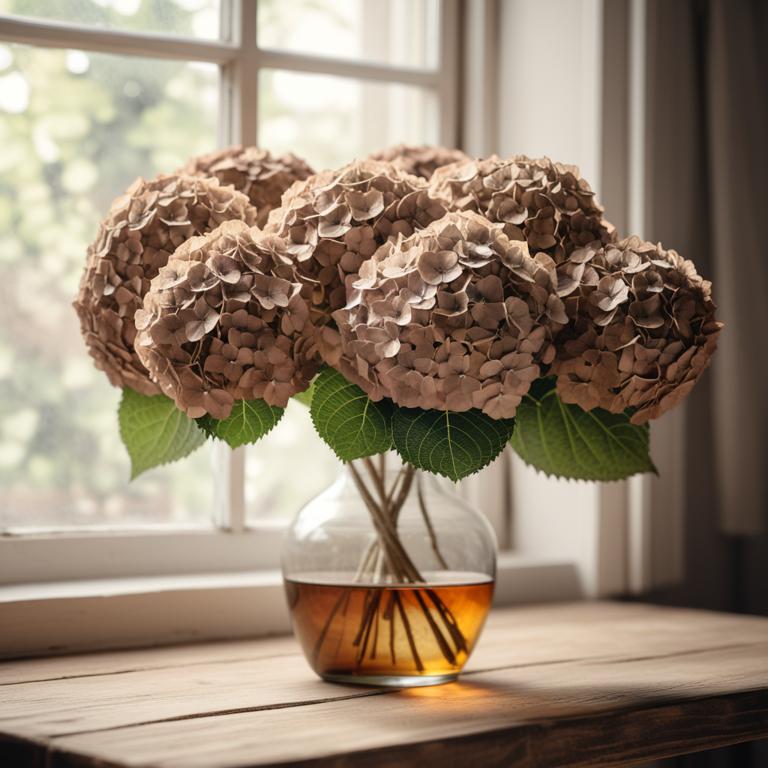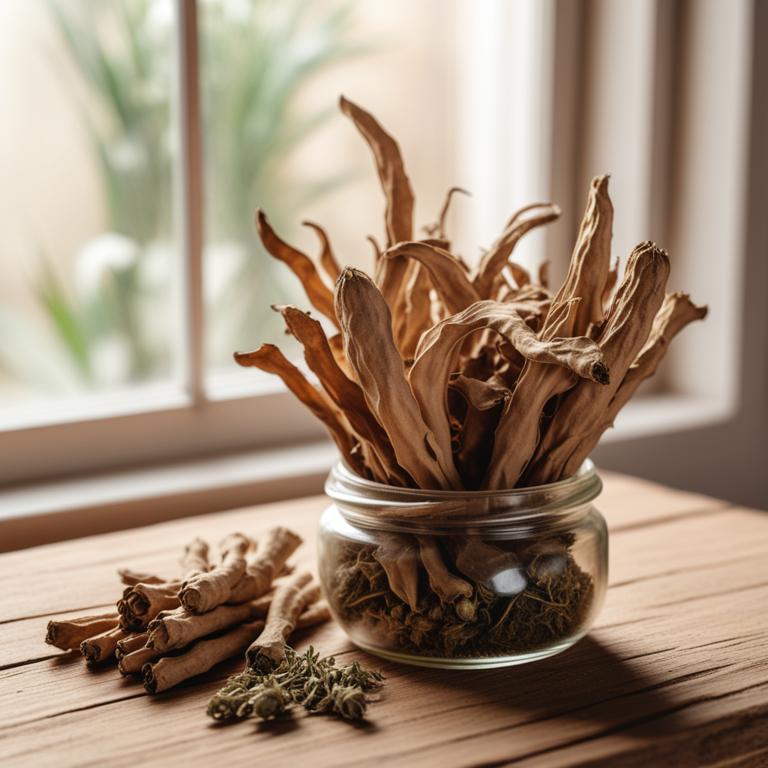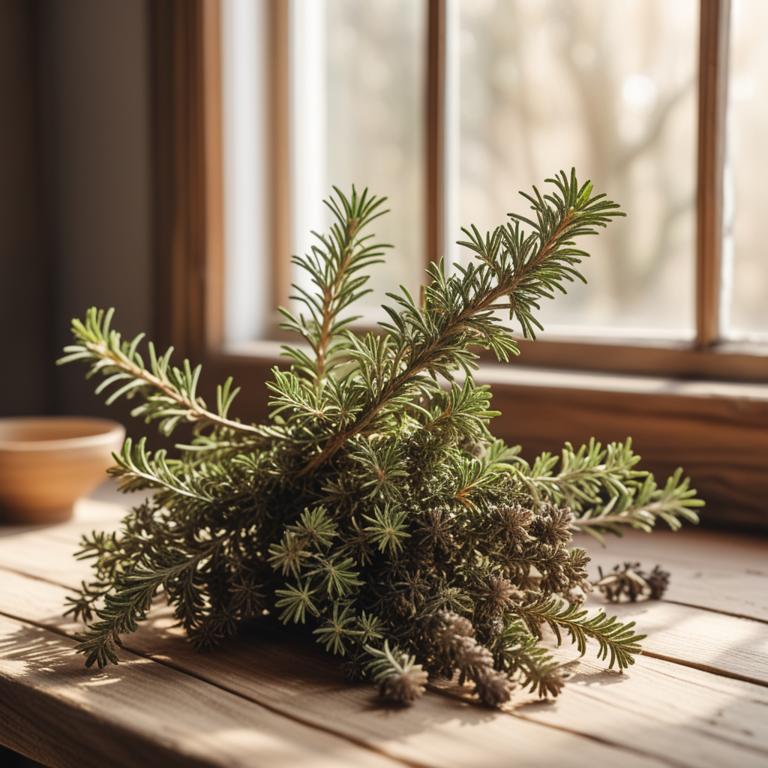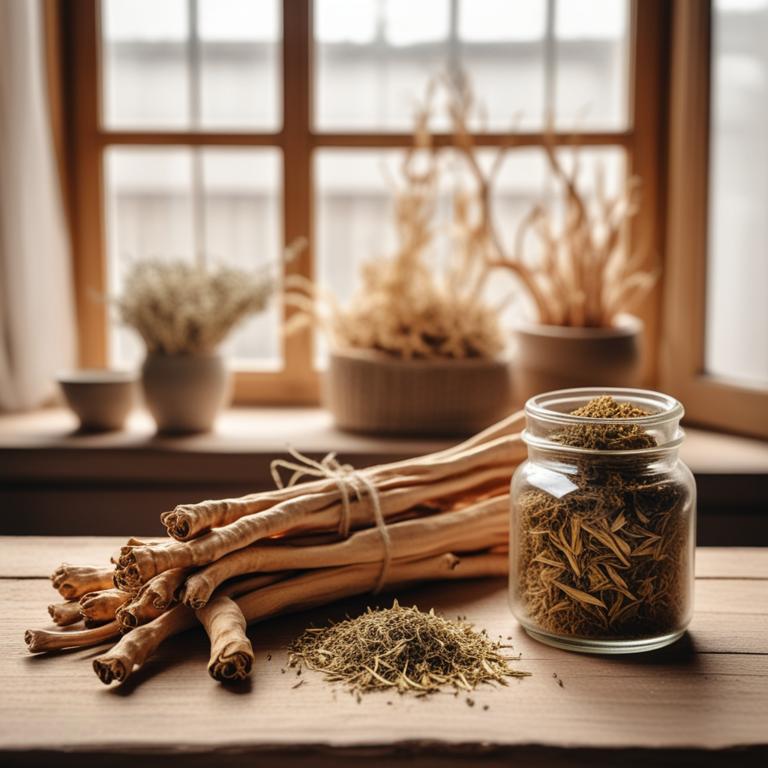Updated: Dec 1, 2024
Fluid Retention: Causes, Herbal Preparations, and Holistic Treatments

Fluid retention, also known as water retention, is when your body holds more water than it should, causing swelling in your feet, hands, and other parts of your body.
It can also lead to bloating, discomfort, and difficulty fitting into your clothes. This can be frustrating and affect your daily life. Fluid retention is often caused by hormonal changes, eating too much salt, or not drinking enough water. It can also be triggered by menstruation, pregnancy, or certain medications. Other factors, like eating foods high in sugar and fat, can also contribute to fluid retention. Some herbs have been shown to help reduce fluid retention.
Dandelion root, for example, is a natural diuretic that helps your body get rid of excess water. Another herb, juniper berry, has anti-inflammatory properties that can help reduce swelling. Peppermint and ginger can also aid digestion and help reduce bloating. To use these herbs, you can try drinking teas made from them. Dandelion root tea is a popular choice, as it's easy to make and has a mild flavor. You can also add dried juniper berries to your bath water to help reduce swelling in your legs and feet.
Some herbal supplements, like capsules or tablets, are also available, but be sure to talk to a healthcare professional before trying them.
Table of Contents
- What are the primary causes of fluid retention?
- What are the advantages of utilizing herbs for fluid retention?
- What are the major medicinal herbs for preventing fluid retention?
- What are the most popular herbal remedies for fluid retention?
- What herbs are not recommended for individuals with fluid retention?
- FAQ
What are the primary causes of fluid retention?
The main causes of fluid retention are often related to how our bodies function and respond to our environment.
Hormonal Imbalance occurs when our hormone levels are not in balance, particularly estrogen and progesterone in women. This can cause the body to hold onto fluid, leading to swelling and discomfort. Salt Intake plays a significant role as well. When we consume too much salt, our body absorbs it and holds onto the excess, leading to fluid retention. This is because salt helps regulate the balance of fluids in our body, and an overabundance of salt can disrupt this balance.
Sodium Retention is closely linked to salt intake. When we consume too much sodium, our kidneys have trouble filtering it out, leading to an accumulation of fluid in our body. This can cause swelling and discomfort in various parts of the body. Water Overload occurs when we drink too much water, and our kidneys cannot process it quickly enough. This can cause the body to retain excess fluid, leading to swelling and discomfort. Kidney Disease, particularly kidney failure, can also cause fluid retention.
When our kidneys are not functioning properly, they cannot filter waste and excess fluids from our body effectively, leading to an accumulation of fluid and swelling.
What are the advantages of utilizing herbs for fluid retention?
Using herbs to help with fluid retention can be really beneficial.
One of the main advantages is that they can help reduce the amount of water that your body holds onto. This can make you feel less bloated and uncomfortable, and can even help lower your blood pressure.
Herbs can also help improve the way your kidneys work, which can help get rid of excess fluids more efficiently. Some herbs can even help reduce inflammation and ease swelling, which can be especially helpful if you're experiencing discomfort or pain in your feet, ankles, or hands. Additionally, using herbs can be a natural and gentle way to manage fluid retention, without the need for harsh medications or invasive treatments.
This can be especially appealing if you're looking for a more holistic approach to managing your health.
What are the major medicinal herbs for preventing fluid retention?
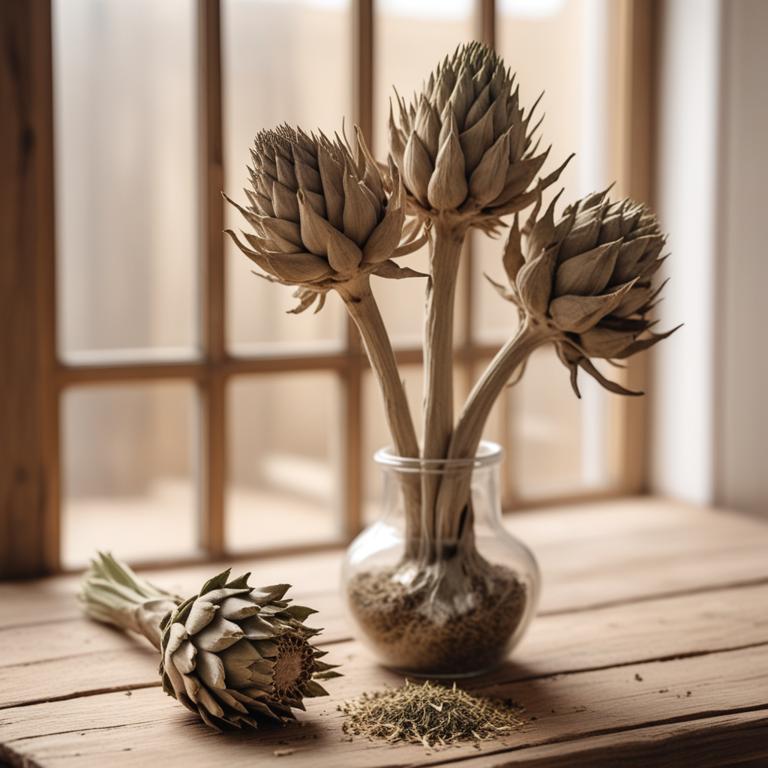
Herbs can be a great help if you're experiencing fluid retention, which is when your body holds onto too much water.
Cynara scolymus, also known as artichoke, is one of these herbs. It helps because it's a natural diuretic, which means it encourages your body to get rid of excess water. This is because it stimulates your kidneys to work better, and as a result, you urinate more and your body gets rid of the extra water. Astragalus membranaceus, or astragalus, is another herb that can help with fluid retention. It works by reducing inflammation in your body, which can cause your body to hold onto water. When you're less inflamed, you're less likely to retain water. This is especially important if you have a condition like kidney disease or high blood pressure. Crataegus monogyna, or hawthorn, is another herb that's good for fluid retention.
It helps your body to get rid of excess water by improving the function of your blood vessels. When your blood vessels work better, your body is able to get rid of excess water more easily. Urtica dioica, or stinging nettle, is also a herb that can help with fluid retention. It works by reducing inflammation and improving the function of your kidneys. When your kidneys work better, your body is able to get rid of excess water more easily. Angelica sinensis, or dong quai, is another herb that can help with fluid retention. It works by improving the function of your blood vessels and reducing inflammation. When your blood vessels work better and you're less inflamed, your body is able to get rid of excess water more easily. These herbs can all help with fluid retention in different ways.
They can all be used to support your body's natural ability to get rid of excess water, and they can be especially helpful if you have a condition that causes fluid retention.
What are the most popular herbal remedies for fluid retention?
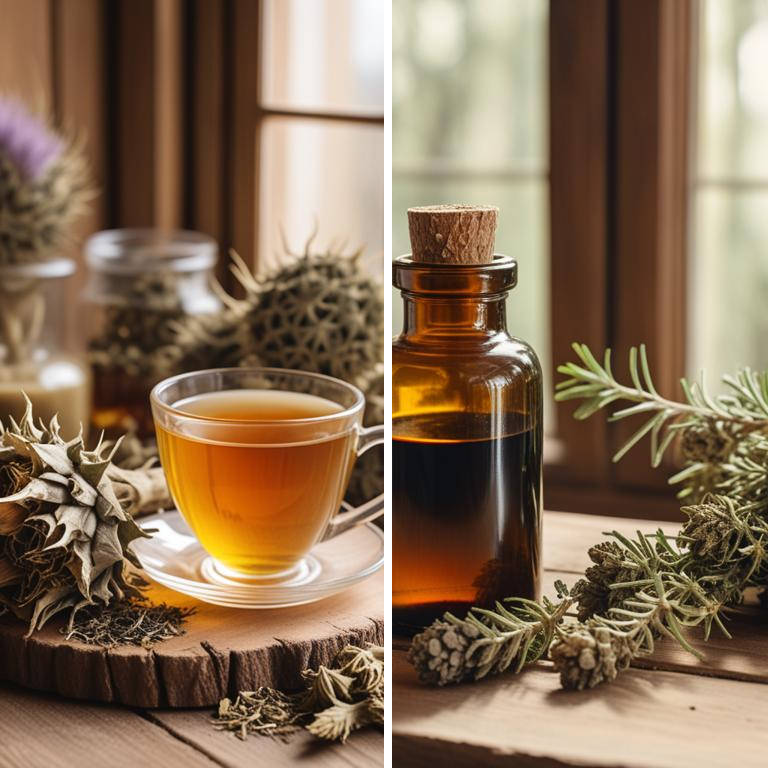
Herbal preparations can be very helpful in reducing fluid retention.
A decoction is a liquid made by boiling herbs in water, which helps to release their active ingredients. Herbs like dandelion root and juniper berries are commonly used in decoctions to help reduce fluid retention by increasing urine production and improving blood circulation. Herbal teas can also be beneficial in reducing fluid retention. Many herbs like peppermint, chamomile, and ginger have natural diuretic properties that help to increase urine production and reduce swelling. Drinking herbal teas can also help to relax the body and improve blood circulation, which can help to reduce fluid retention. Herbal tinctures are liquid extracts of herbs that can be taken in small amounts.
Tinctures of herbs like horsetail and parsley can help to reduce fluid retention by increasing urine production and improving kidney function. However, it's essential to follow the recommended dosage and consult with a healthcare professional before using tinctures. Herbal infusions, also known as herbal teas, are another way to use herbs to reduce fluid retention. Infusions of herbs like uva ursi and corn silk can help to reduce inflammation and improve kidney function, which can help to reduce fluid retention. Herbal salves can also be used to reduce fluid retention. A salve is a topical cream or ointment made from herbs like plantain and calendula.
Applying a salve to the affected area can help to reduce inflammation and improve circulation, which can help to reduce fluid retention.
Additional Resources:
What herbs are not recommended for individuals with fluid retention?
If you have fluid retention, it's best to steer clear of certain herbs that can make the problem worse.
Glycyrrhiza glabra, also known as licorice root, contains a compound called glycyrrhizin, which can cause your body to hold onto water and sodium. This can lead to swelling and discomfort, so it's not a good idea to use licorice root if you're already experiencing fluid retention. Digitalis purpurea, or foxglove, is another herb to avoid. It's often used to treat heart problems, but it can also cause your body to retain fluid, which can be a problem if you're already having trouble with swelling.
Arctium lappa, or burdock root, is sometimes used to help with detoxifying the body, but it can also have a dehydrating effect, which may not be what you need if you're experiencing fluid retention. It's best to stick with herbs that help your body release excess fluids, not hold onto them. Verbascum thapsus, or mullein, is often used to treat respiratory issues, but it can also cause your body to retain fluid, which can exacerbate swelling and discomfort. This herb is best avoided if you're experiencing fluid retention. Taraxacum officinale, or dandelion root, might seem like an odd choice to avoid, but it can have a dehydrating effect in some people, which may not be suitable for those with fluid retention.
While dandelion root can help stimulate urine production, it's not always the best choice for everyone, especially if you're already having trouble with swelling.
FAQ
Are there any specific herbs that can prevent fluid retention?
Some herbs, like dandelion root and juniper berries, may help reduce fluid retention.
Dandelion root can stimulate the kidneys to remove excess water from the body, while juniper berries can help lower blood pressure, which can contribute to fluid retention.
These herbs are sometimes used in natural remedies for swelling and bloating.
Is it safe to use herbal remedies for fluid retention during pregnancy?
Herbal remedies for fluid retention during pregnancy can be a bit tricky.
Some herbs, like dandelion and juniper berries, may help reduce swelling by removing excess water from the body. However, others, like foxglove, contain digitalis, which can be toxic to the mother and baby.
It's essential to be cautious when using herbs.
Are there any herbs that can reduce the frequency of fluid retention?
Some herbs like dandelion root and juniper berries are believed to help reduce fluid retention.
They work by stimulating the kidneys to remove excess water and salt from the body.
This can be especially helpful for people who experience swelling in their feet, ankles, or hands due to fluid buildup.
Related Articles
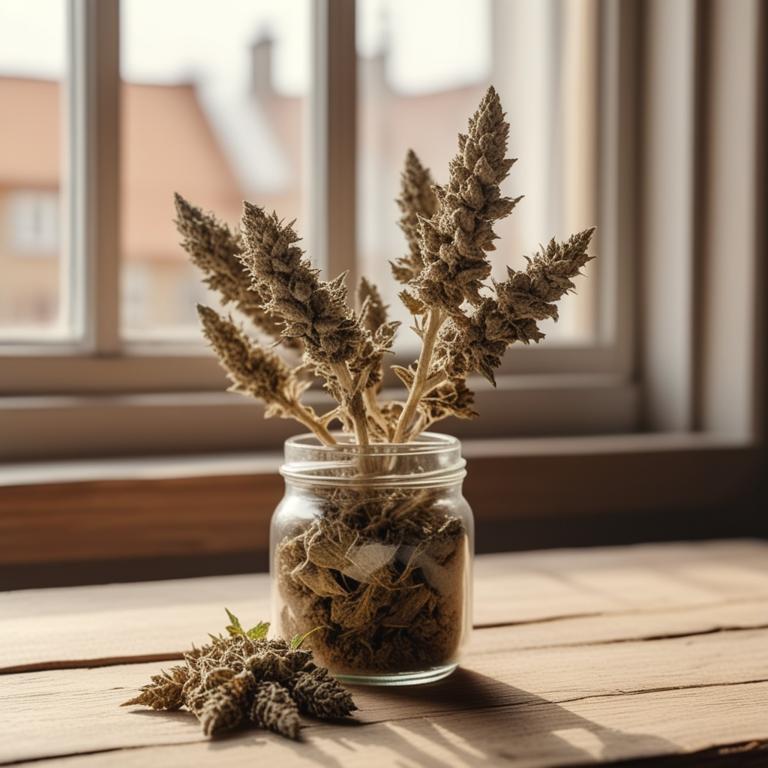
Overcoming Dysuria: Causes, Medicinal Herbs, and Herbal Remedies for a Healthy Life
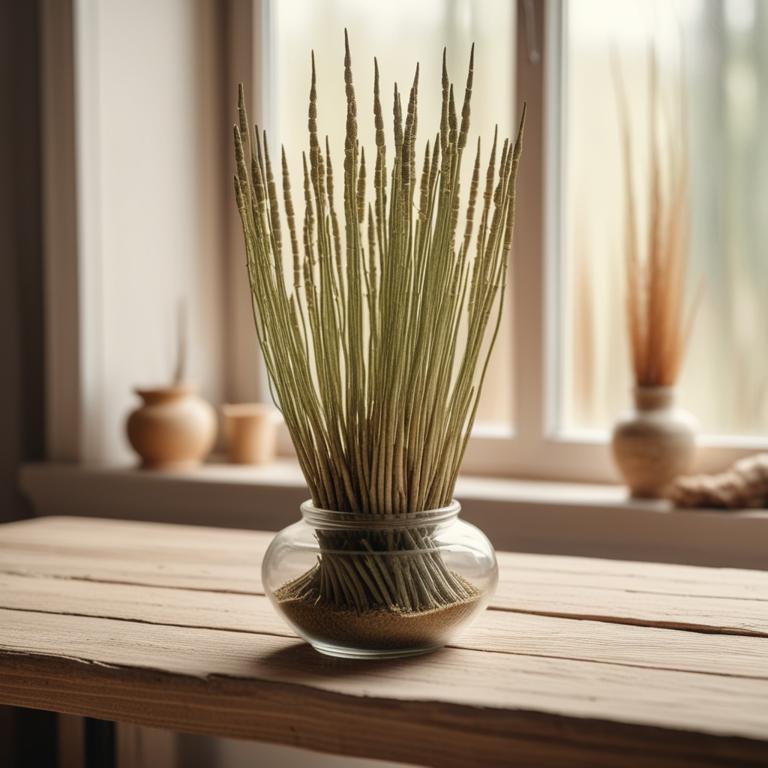
Causes of Bladder Pain and Effective Herbal Preparations
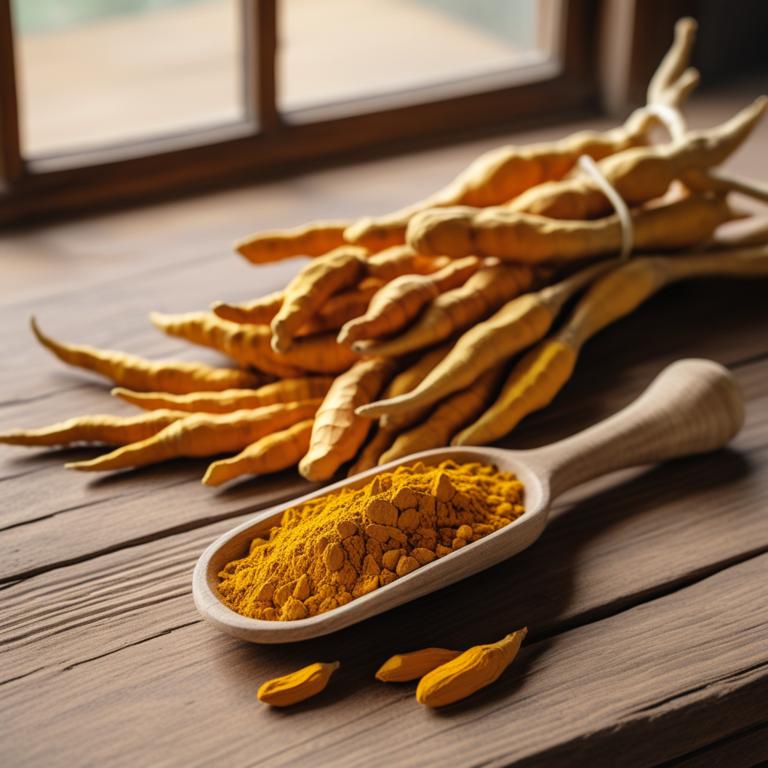
Causes and Treatment Options for Overactive Bladder Using Medicinal Herbs and Herbal Preparations
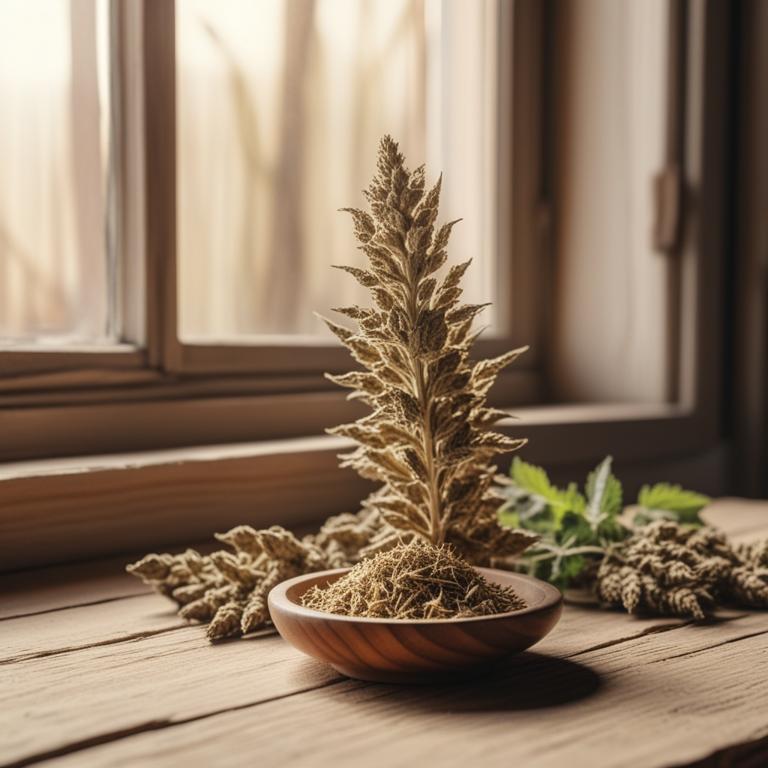
Prostate Inflammation: Understanding Causes and Exploring Medicinal Herbal Options

Fluid Retention: Causes, Herbal Preparations, and Holistic Treatments
